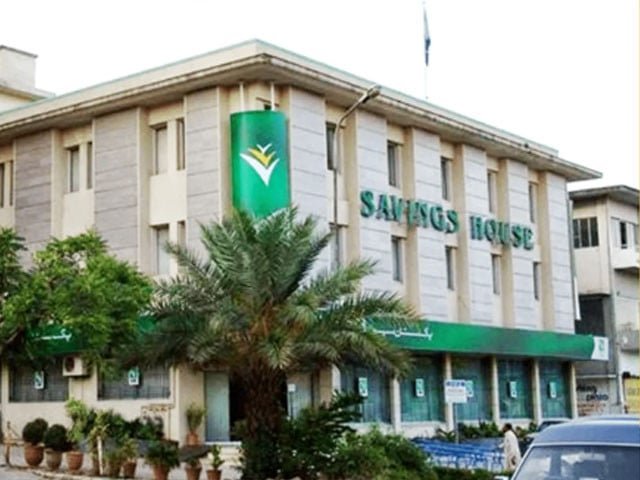Breaking Down Pakistan’s Latest Mini-Budget: What You Need to Know
As discussions around Pakistan’s economy continue, recent moves by the government have raised eyebrows and sparked interest. Four days before the anticipated approval of a Rs435 billion budget, the government has unveiled a mini-budget aimed at generating an additional Rs36 billion. This proposal eases certain restrictions on purchasing power for individuals with insufficient declared assets, a shift intended to counteract earlier limitations that stifled economic activity.
One of the notable changes is a redefined eligibility criterion for major purchases. Previously, if a person’s declared assets didn’t align with their intended purchase—whether it be a home, car, or investment in securities—they faced a blanket ban. The new amendment states that those looking to buy a vehicle worth up to Rs7 million can do so without penalties. However, limits remain on commercial property and stock market investments, setting thresholds at Rs100 million and Rs50 million respectively. These adjustments reflect the government’s acknowledgment that approximately 5% of Pakistan’s wealthiest evade taxes while the remaining majority struggle to make significant investments.
In terms of new tax guidelines, the government has proposed imposing a federal excise duty of Rs10 on one-day-old chickens, a decision that is expected to contribute to rising food prices. This decision, however, comes after the International Monetary Fund (IMF) previously rejected a similar proposal due to concerns about Pakistan’s existing tax burden on food.
Moreover, the mini-budget aims to offset a reduction in the sales tax rate for solar panels, from 18% to 10%. This shift, coupled with salary increases for government employees, prompted the Federal Board of Revenue to introduce these measures. The goal is to compensate for the projected fiscal shortfall and ensure that the salary adjustments can be funded.
The National Assembly Standing Committee on Finance has already given its stamp of approval to these new proposals, paving the way for implementation. It’s worth mentioning that during the committee’s deliberations, constructive input from opposition members helped refine the proposed tax measures, emphasizing the collaborative efforts necessary for building a robust fiscal framework.
On a broader scale, the government has set an ambitious tax target of Rs14.13 trillion for the upcoming fiscal year, aiming to achieve this through enhanced enforcement and compliance from the FBR. New tax measures affect various sectors, including an increase in income tax on dividends from mutual funds, and a raise in withholding tax rates for institutional investments in government securities.
With so many moving parts, it’s crucial for citizens and businesses alike to stay informed about these changes and how they may impact their financial decisions. The government’s dual approach of increasing tax revenue while trying to stimulate economic activity reflects the complex balancing act it faces. As the budget discussions unfold, keep an eye on how these new regulations shape Pakistan’s economic landscape in the months to come.





